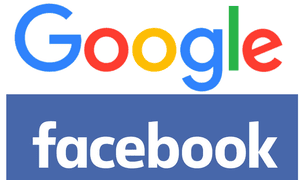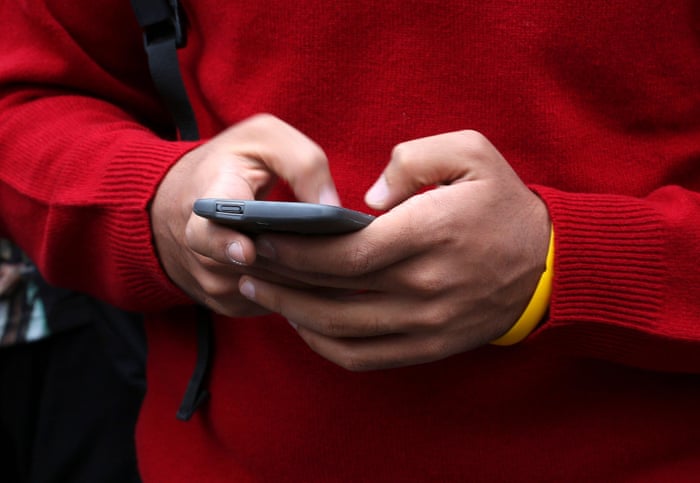
The article talks about how Germany's head of foreign intelligence service has stated that the UK's general election could be targeted by Russian hackers with the intention to spread misinformation and lies in a bid to sway voters to a specific party. He talks about how Germany's intelligence services has reason and evidence to believe that cyber attacks are occurring with the sole intention of creating political uncertainty and that Russia may have been behind cyber attacks during the US Election.
- "Russia may have been behind attempts during the US presidential campaign to interfere with the vote."
- In 2015, an attack on internet in the German parliament was blamed on Russian hackers by German intelligence.
- A report published this month by the Atlantic Council on Russian Influence on France, Germany and the UK, pointed to an extensive Russian “disinformation campaign” being carried out in Germany, which it said had “opened opportunities for the Kremlin to influence German politics and the public debate”.
Putting aside the politics of the situation, its very interesting to note how new digital media and new technology have had such a huge impact on the way society perceives politics and current affairs that in some cases it's power can be taken advantage of to create uncertainty. Many including the article speculate the ideas of how cyberwarfare will increase in the future as there have been a greater amount of cyber attacks and concern for privacy in the past and most likely in the future.
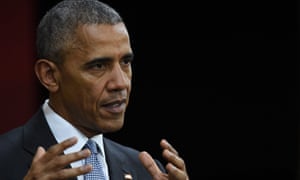

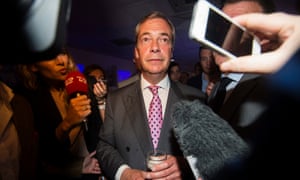
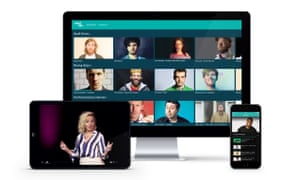
:format(webp)/cdn1.vox-cdn.com/uploads/chorus_image/image/51834233/Google-Campus-025.0.0.jpg)

